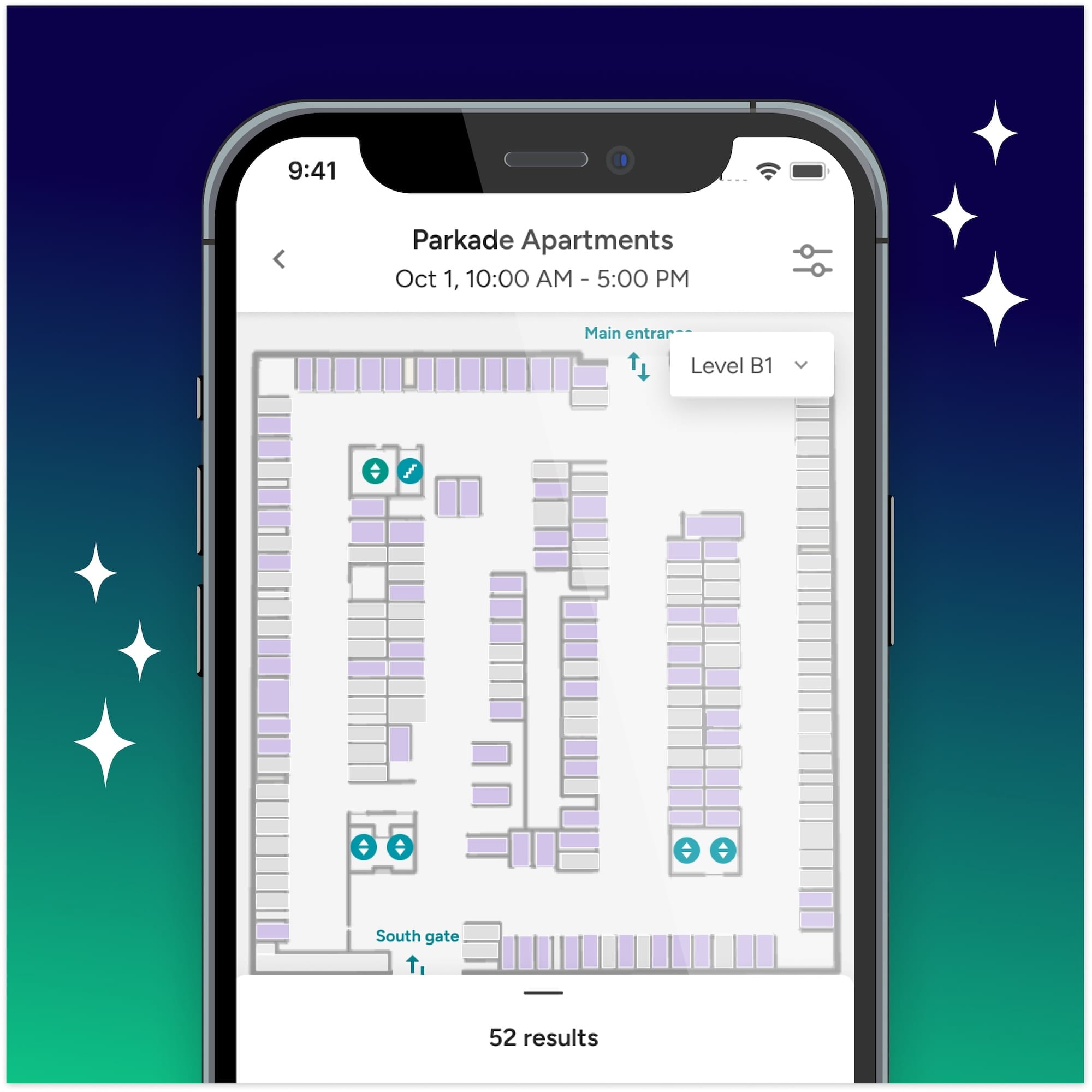

TABLE OF CONTENTS
When COVID-19 first appeared, it pushed businesses into making the most of their outdoor spaces to scrape by during the difficult times. Cafes, bars and restaurants started transforming parking spaces into “streeteries,” temporary outdoor places where people can stop, sit and relax.
Fortunately, local governments stepped in to help and support their local businesses. As the Washingtonian reports, the District has approved about 600 temporary outdoor dining permits for “streeteries.” San Francisco went from having 60 parklets in 2019 to more than 930 streeteries by August 2020. (Let’s add NYC’s move to make streeteries year-round and permanent here.) From New York City to Sumner, WA to Culpeper, VA, cities all over the country started encouraging the creative repurposing of street parking.
Now that fall and winter are slowly approaching, and the end of the pandemic remains elusive, cities are facing a new problem.
They need to start thinking how to winterize the streeteries and parklets their local businesses have built. And some are already taking action.

Many cities across the country are using COVID and the explosion in outdoor dining as a chance to permanently expand their outdoor dining options in ways that can survive any temperature or weather.
Mountain Village, Co. is using the need for more outdoor dining to add 20 gondolas permanently to the plaza. The gondolas, however, won't be move — they'll serve as outdoor seating for patrons of nearby restaurants.
Kathrine Warren, Mountain Village's public information officer, told us "We decided to make lemonade out of lemons … with our COVID-19 response, and these gondola cabins will be a permanent part of our plaza environments moving forward. Not only does this play into our iconic gondola that connects Mountain Village and Telluride, but it will allow for folks to enjoy our plaza space for years to come."

Instead of trying to find a temporary solution, Mountain Village is making a larger investment that will permanently change the plaza — and make it far more enticing, lively and warm all year round. Many options were considered — including many more temporary ones like plastic igloos — but with significant snow and wind throughout the winter, Mountain Village opted for a more lasting, sturdy choice.
For cities wondering how Mountain Village came up with the required funds, Warren told us "The enhancements are funded in a partnership by the Town of Mountain Village and the Telluride Mountain Village Owners Association (TMVOA), a homeowners organization that promotes economic growth and funds the gondola and other amenities locally. The funding is split evenly between the two entities."
The Gondola Shop, a Colorad-based company that specializes in reappropriating old ski resort gondolas for other purposes, is providing the gondolas.
DC Mayor Muriel Bowser recently announced that the District would be investing $4 million as part of a program to help businesses offering outdoor dining adapt to winter conditions.
The Office of Nightlife & Culture announced on Sep. 20 that it would give businesses grants to help winterize outdoor dining spaces. The funds can be used to purchase items such as tents, furniture, lighting, heaters, propane and even advertising.
All food and non-food retail businesses that have an active permit for outdoor space are allowed to apply for the “Streatery Winter Ready Grant Program” that allocates $6,000 per business. The city started accepting applications on Monday, September 21, and it will begin distributing funds on October 1. More information is available on the official DC government website.
Going even a stop beyond DC, New York City has just announced that they will make dedicated on-street dining spaces permanent and year-round!
“I want us to go for the gold here, and take this model and make it a part of the life of New York City for years and generations to come,” Mayor Bill de Blasio announced on The Brian Lehrer Show. "This will make it a lot easier for restaurants to survive."
With 10,355 on-street spaces now in use by businesses around New York City, this will have a permanent and huge impact on the streetscape of New York City moving forward. New York City is believed to have more of these new shared on-street spaces that any other city nationwide.
In terms of preparing these spaces for snow loads and cold temperatures, Gothamist reports that “Restaurants will also be allowed to enclose their outdoor spaces with tents; if it's a full tent enclosure, they will have to follow indoor dining restrictions and keep to 25% capacity (though that number may go up later). If at least 50% of the tent’s side wall surface area remains open, outdoor dining rules apply. Enclosed structures like plastic domes that allow for individuals or groups to dine together will also be allowed.”
Additionally, electric heaters will be allowed in both tented and non-tented streeteries. Propane heaters will be allowed on the sidewalk, but not in the street/roadway spaces.
Outdoor dining used to be reserved for warm summer months. In the wake of the COVID-19 pandemic, business owners are exploring ideas on how to provide shelter for their visitors during the cold winter days.
Here are three ways how DC bars and restaurants are preparing their outdoor spaces for fall and winter beyond the usual warm cocktails and fire pits.
“BYOB” or having a “bring-your-own-blanket” policy for patrons might be one of the most affordable solution, as complimentary blankets aren’t quite pandemic-friendly. Some businesses started giving a new meaning to BYOB and transforming the term into buy-your-own-blanket.
Centrolina started offering super-soft, plush blankets for purchase to all their guests who get cold during their visit.
Even though the theme of 2020 seems to be “survival” so far, bar, cafe and restaurant owners are thinking of thematizing their outdoor spaces to enhance them and make them more enjoyable in the winter.
Anna Valero, owner of Hook Hall, thought of a creative theme for her bar: vikings. Valero is planning a Viking Village takeover for the bar come November. Visitors will be able to rent small “Viking huts” and also reserve spaces around a fire while enjoying mead and smoked meats.
Designing a shelter that will protect your guests from harsh winter weather and still maintain a breezy airflow is quite challenging, however, restaurant owners are coming up with a few innovative ideas.
Hi-Lawn, an open-air rooftop bar at Union Market, will try to rough it through the winter weather and provide their guests with some sort of shelter (tents, yurts or even fancy igloos) as well as hot drinks and tin foil packets from the grill.
Emily Cipes, the co-owner of Coconut Club, found shelter inspiration in her garden. The restaurant now boasts a 33-foot commercial greenhouse warmed with electric heaters that will keep the guests warm.
Major cities aren’t the only ones helping their restaurants prepare for winter. Mountain towns around the country are already rolling out plans to ensure restaurants can serve patrons year round, with Truckee, Calif. Taking the lead.
The town of Truckee started implementing the shared spaces program in June 2020. As Truckee’s Management Analyst Hilary Hobbs — who’s in charge of the shared spaces program — points out, it was essential to keep the city and businesses going, even in the toughest of times.
“We thought about what are our enduring economic institutions in the county and how we can help that. We determined that our historic downtown is our economic core. It was really vital to us and our economic future to maintain the economic vitality of our downtown so that we don’t end up with a bunch of vacant storefronts. There’s a synergy between the restaurants and the retail merchants, and they drive traffic to each other.”
During the summer months, businesses could choose whether they wanted to create these new outdoor spaces or not.

Looking toward winter, the town took the lead to ensure that their local restaurants can keep operating. They brought in key partners, such as Sierra Business Council and secured a $400,000 grant for their city.
The grant will ensure that the holiday lighting downtown is enhanced, pedestrian spaces are improved and restaurants are given microgrants to winterize their outdoor spaces.
When asked about the ideas for winterizing outdoor, on-street dining, Hobbs pointed out that for a space to be considered “outdoors,” there must only be one solid wall, maximum. With “indoor dining” slowly returning in California It is, however, possible that some businesses will seal off their outdoor space and start treating it as an indoor space that operates at a lower capacity than it does today at higher temperatures.
Some other ideas that Hobbs and other city officials came up with include roll-up walls that will seal off the space from whichever direction a storm is coming from, flat roofs that will support snow load and concrete barriers around the outdoor structures, which will help clarify where the snowplows should clear snow.
In addition, the town is encouraging businesses to think creatively — like focusing on après-ski hours rather than operating late in the evening, when temps will be much lowing . This way, they will be able to make the most out of daylight and warmer temperatures.
When asked for recommendations to other cities, Hobbs pointed out that the town of Truckee is still learning. She believes:
“One of the big lessons is to be nimble. There are so many unknowns between weather, how busy the tourist season will be, changing public health restrictions and other factors. We considered taking everything we have down and building something new, but it would have been very expensive. It’s possible that by December we could go back indoors, so we want to make sure we’re adaptable and haven’t wasted a lot of money.”
Truckee officials stated that their local businesses will receive funding to ensure that they are properly prepared for winter. They agreed that it is for the best that each restaurant makes decisions for their own space so that everyone gets involved.
.jpg)
As parking management becomes increasingly digital, security becomes critical — and we’re excited to share that we've achieved a major security milestone.
Read Story
We’re thrilled to announce one of our most significant leaps forward this year: the launch of dynamic maps across our mobile and web applications.
Read Story
Now that AB 1317 is official, it’s time to brush up on the requirements and see how your properties stand to benefit.
Read Story